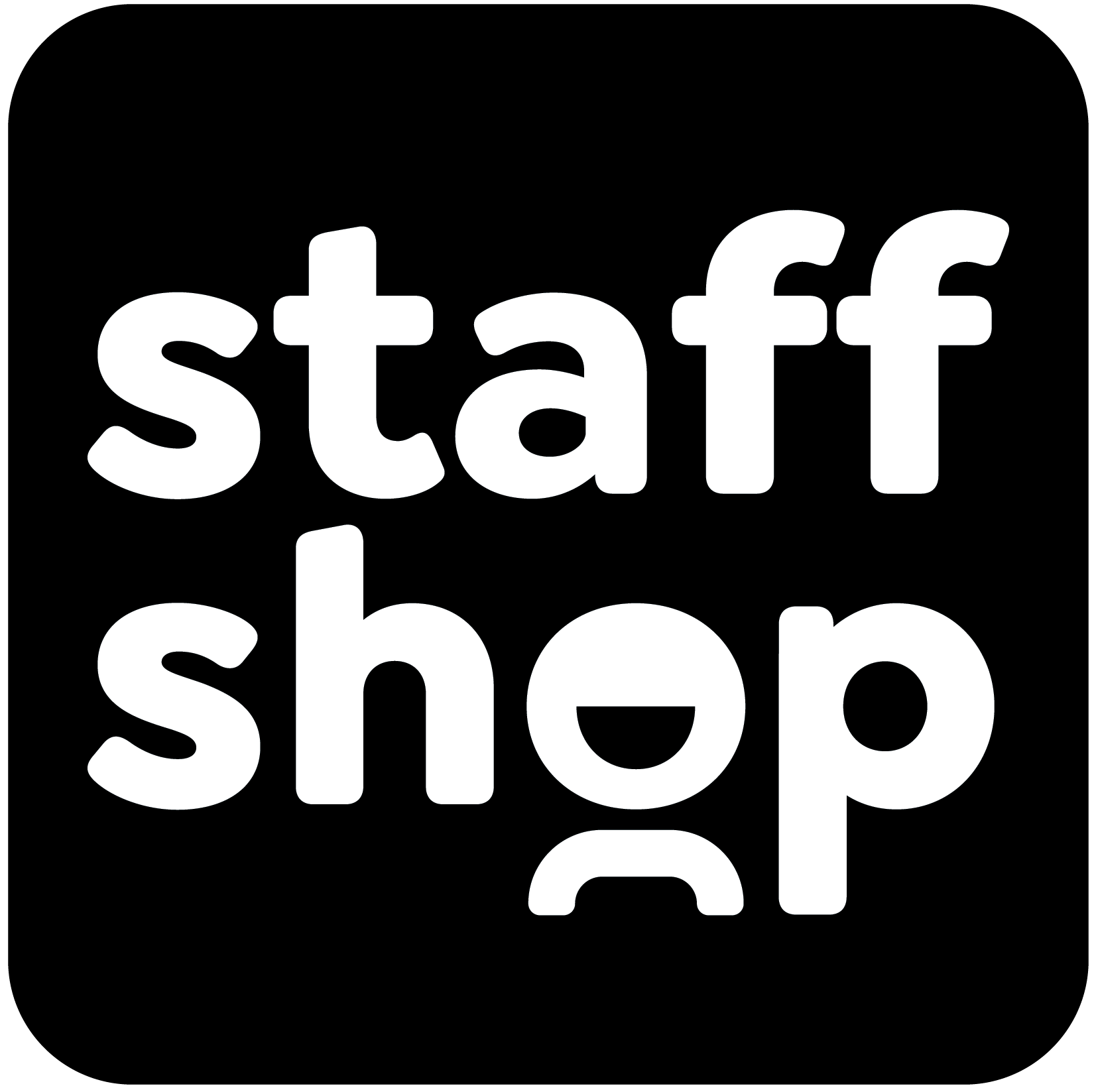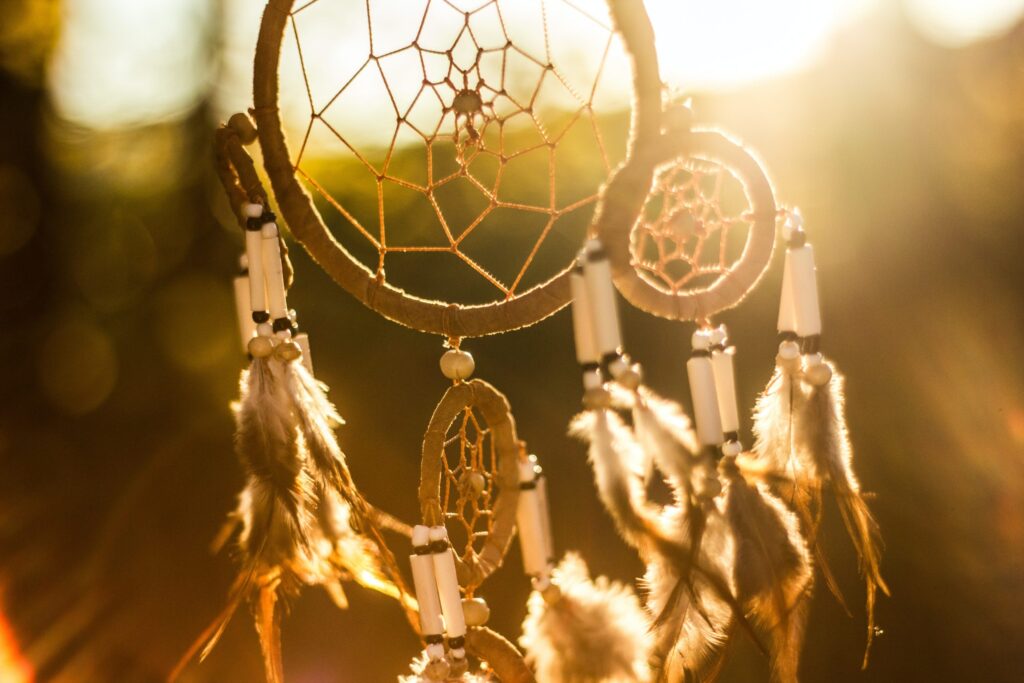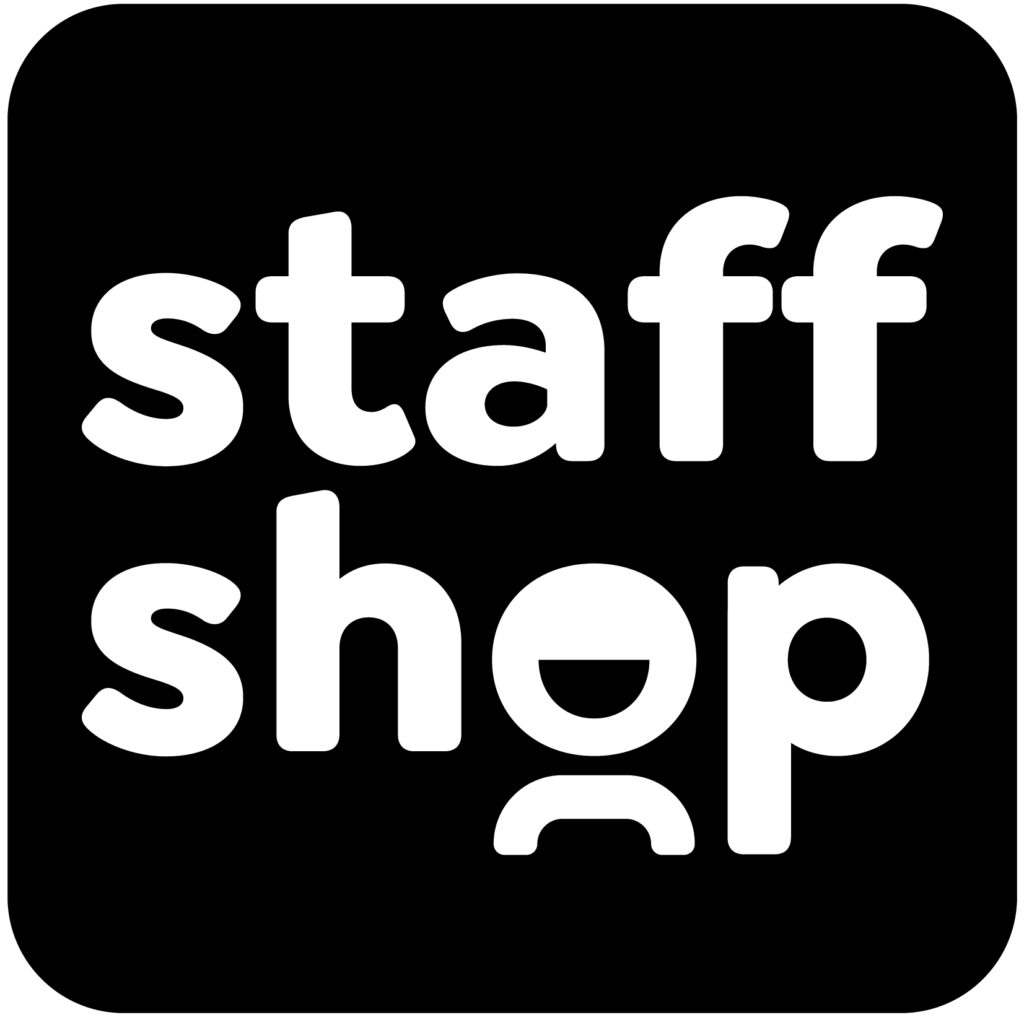“We were not born in Canada, Canada was born on our land.”- unknown
Having just celebrated Indigenous History Month in June, Staff Shop thought it would be a good time to reflect on what that means for many Canadians. The above quote reminds us that while Canada has been a country for 154 years, evidence shows that Indigenous Peoples have been here much longer.
Truth and reconciliation is a necessary topic to shed light on especially now, and as an Indigenous-Women owned business, we feel it’s the right time to discuss what this means and how it can be applied in the workplace.
The Truth
Before we can reconcile our differences, it’s important to acknowledge the truth. Being aware of issues within Indigenous communities here in Canada is critical to making the changes we all need to move forward, together.
There are approximately 634 First Nations groups here in Canada and 60 language groups. Of those 634, approximately 600 remain in poverty which creates an undercurrent of disadvantages. Poverty is the biggest challenge to overcome and opportunities are slim.
Some of the many barriers include:
- Clean Water
- Education
- Employment Opportunities
- Health Care
- Internet Access
- Sanitation
- Transportation
Another barrier to success is political power. Indigenous Peoples didn’t get the right to vote until 1960! Before then, according to the Indian Act of 1876, an Aboriginal person would have to give up their status in order to participate in our political system.
Indigenous Peoples also face many stereotypes. These misconceptions guide how we view people and subsequently, how we treat them.
Harmful stereotypes that should be abolished include:
- Alcoholism: Many cultures and races drink alcohol and have substance abuse issues.
- Laziness (waiting for handouts): Money is allocated to tackle many issues in this country, not just Indigenous issues.
- Stuck in the past (get over it): It’s important to acknowledge how past errors have led to some of today’s problems.
- Don’t pay taxes: Indigenous Canadians pay tax and most exemptions only exist on reserves where 50% of First Nations live.
*See Video of Indigenous Stereotypes, by Wab Kinew
Once we are free of bias and recognize that these assumptions and accusations are discriminatory and unfair, we can begin to heal and appreciate each other’s stories and differences.
Reconciliation
“Diversity is a fact; inclusion is a choice.” – Prime Minister Justin Trudeau
Now that we have highlighted the truth about past and present barriers that have kept Indigenous Peoples in poverty for generations, it’s important to look at the ways we can help resolve these issues.
The Truth & Reconciliation Commission issued 94 calls-to-action. While we cannot go over all of them here, it’s an important document for every Canadian to look at. We can see change is in the air. Communities are growing, as are Indigenous businesses. While we are seeing progress, so far only a dozen or so of the 94 CTAs have been completed and a few dozen have not started. But there is good news, many are marked as “Underway” and “Proposed.”
If we want to be part of the solution, it’s important to ask the right questions. Many still ask; “What more can we do for Indigenous Peoples?” – who by the way, are not a problem to be solved – instead ask; “What can we learn from Indigenous Peoples?”
It’s also important to be educated on land acknowledgements and proper terminology, such as using First Nations, Metis, Inuit, etc., rather than Indian – Indians are from India. Language matters and how we talk about a group of people reflects our values.
Other ways to reconcile in the workplace:
- Connect with Indigenous Experts in Canada
- Contact Billie Fortier with MLT Aikins LLP who can help with Indigenous Law and Employment Best Practices
- Consultation and Relationship Building in Economic Development
- Celebrate Indigenous Peoples Day 🙂
- Diversify Your Supply Chain
- Hire Indigenous Talent and get tips from The Aboriginal Job Board
- Hire and Train Indigenous Students
- Indigenous Cultural Safety Training for Staff
- Show Respect via Land Acknowledgements – Resources: Whose Land or Native-Land
Staff Shop conducts an Equal Represenation Survey to ensure that we are doing our best to serve all minorities. This year’s results showed that 3.6% of respondents are First Nations. In all of Canada, 1,670,000 people self-identify as being Indigenous. That is 4.9% of the total population.
Helpful Resources
- Book Holly Fortier – Nisto Consulting; Indigenous Awareness Training
- Holly Fortier’s Recommended Book List
- Holly Fortier’s Film – A Mother’s Voice – Residential School Survivor
- Two Strangers who Meet Five Times – Award-winning Short Film by Markus Markou
Hire Us
Hire our French Canadian-First Nations Ojibwe founder and CEO Jennifer Ménard-Shand who speaks from a place of love and forgiveness as opposed to anger or bitterness regarding Truth and Reconciliation in your workplace. She enjoys storytelling about her personal tragedy to triumph story along with other stats, facts, resources and meaningful connections.
“Many promising reconciliations have broken down because while both parties come prepared to forgive, neither party comes prepared to be forgiven.” – Charles Williams
Staff Shop is an award-winning diverse supplier, certified with WBE, CAMSC, CCAB & WEConnect, operating in all ten Canadian provinces, with clients in the USA and the Caribbean that strives to create more economic, employment and business opportunities for people across the globe.
Contact Us today! We are deeply committed to our value proposition; Elevating People, Business & Experiences!






